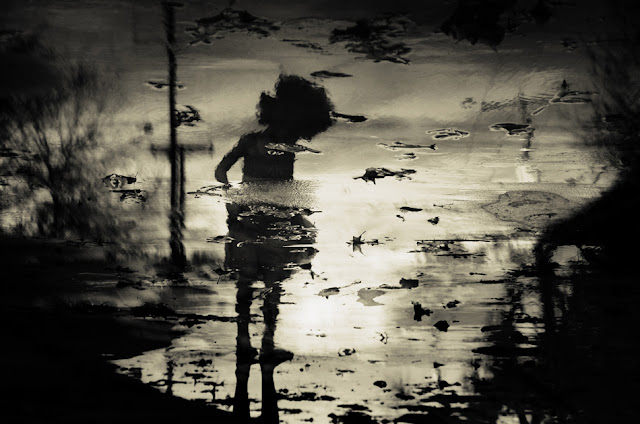...Like birds that get used to walking
and grow heavier and heavier, as in falling:
the earth sucks out of their long claws
the brave memory of all
the great things that happen high up,
and makes them almost into leaves that cling
tightly to the ground, -
like plants which,
scarcely growing upward, creep into the earth,
sink lightly and softly and damply
into black clods and sicken there lifelessly, -
like mad children, - like a face
in a coffin, - like happy hands that
grow hesitant, because in the full goblet
things are mirrored that are not near, -
like calls for help which in the evening wind
collide with many dark huge chimes, -
like house plants that have dried for days,
like streets that are ill-framed, - like bright curls
within which jewels have grown blind, -
like early morning in April
facing the hospital's many windows:
the sick press up against the hall's seam
and look: the grace of a new light
makes all the streets seem vernal and wide;
they see only the bright majesty
that makes the houses young and laughing,
and don't know that all night long
a storm ripped the garments from the sky,
a storm of waters, where the world still freezes,
a storm which this very moment roars through the streets
and takes all burdens
off the shoulder of each thing, -
~ Rainer Maria Rilke
art by Dali



































